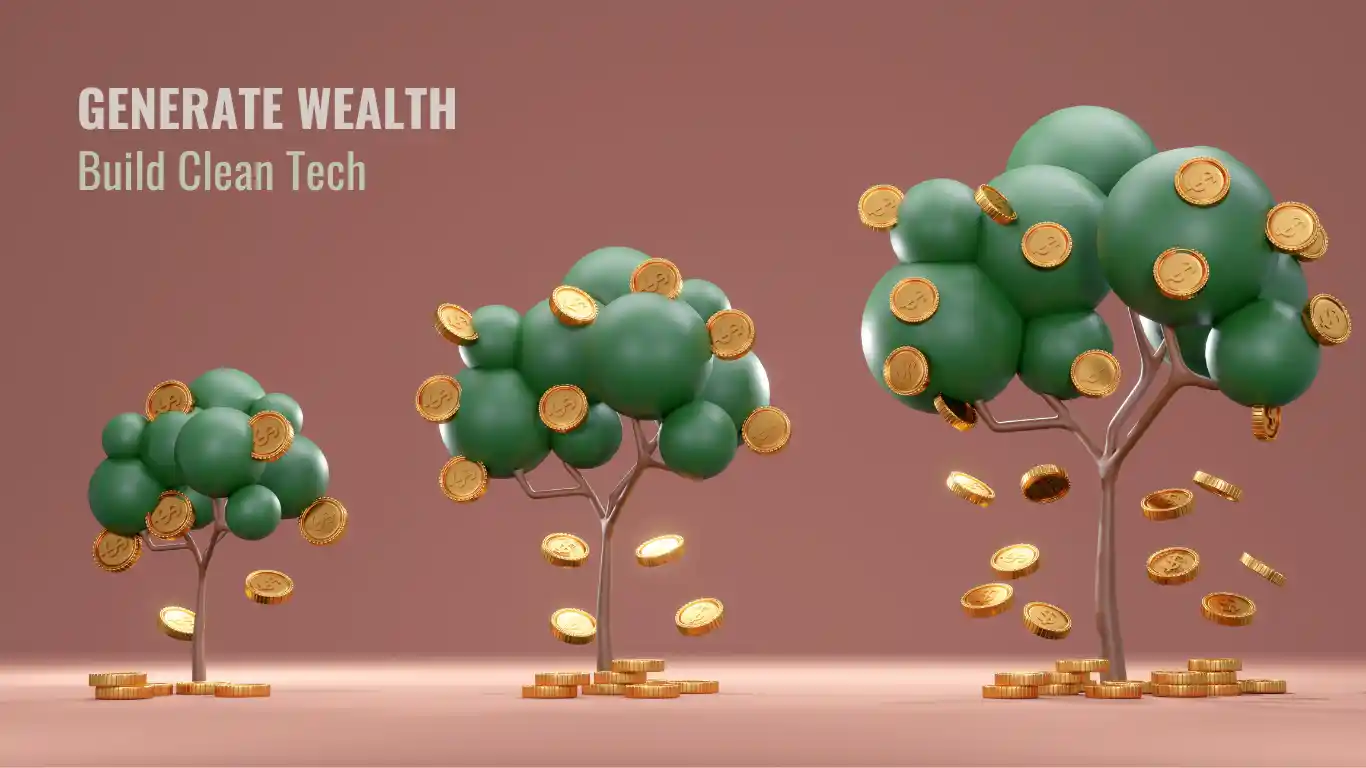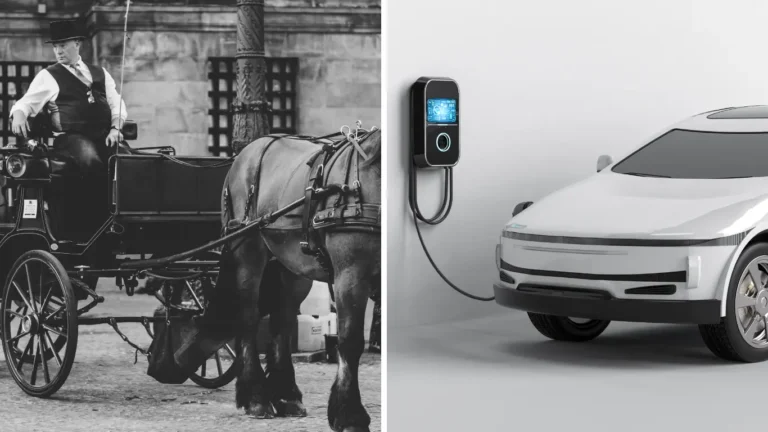If we look at the last 200 years of industrial civilizations, we’ll see that it has happened because of technical innovation. Especially in the past 50-odd years, everything has changed. Poverty has declined almost by 70%. Life expectancy has increased from 30–40 years to 75–80 years and more. The quality of food, transportation, and general lifestyle has changed exponentially. Technological innovations have provided radical solutions for various problems. But while the world has witnessed these great changes and growth, we are also facing the consequences in terms of climate change. Sporadic rains occur everywhere on the planet. The air and water are polluted. The roads are jam-packed with traffic, and pollution has spread everywhere. Why is this happening?
The issue is that in the past, when innovations occurred, there were no constraints. There was a wealth of resources and a low population to harness and enjoy them. There were unlimited lands and few people to exploit them. Thus, when they extracted the potential of the resources, they didn’t bother about the consequential change, as there was no need to worry about any constraints because there was no lack of resources. However, this has changed radically in the last 30–40 years. The human population has grown massively, due to which now there are a lot of constraints in terms of using the resources and spending them. One cannot go about in the same manner as one did in the past.
Thus, the challenge of the present time is that the technology which has worked for us in the past 200 years will not be able to take us forward into the next 100 years. Since we have depleted the resources, we cannot employ the same techniques and tools to continue our growth anymore. There is no sand for construction. Materials like metals are unavailable, and pollution has spread everywhere: The air is choked, roads are blocked, landfills are filled up, and every city showcases massive garbage mountains in its landscape. So, in the present moment, there are multiple constraints regarding the employment of technological solutions. We are reaching what is called the peaking point. Thus, the same tech will not take us forward.
Additionally, due to the massive changes caused by climate change, we now need technological innovation even more than before. Since the planet is heating up, the need for air conditioning has risen significantly. Whereas in the past, only 4% of the Indian population possessed AC, now there is a need for it for everyone. However, if we continue to drive the growth of these technological innovations on the same model as before, then the whole world will collapse. As Gandhiji said, “There is enough for everyone’s need but not enough for everyone’s greed.” This means that if we continue to grow according to the previous strategies and follow the Western world model, then the whole world will collapse.
Thus, the challenge for corporates is to find a way to produce the same qualities of goods and experiences by using fewer resources and by using different technologies so that we may arm the whole population of the world without using 100% of the resources, because 100% of the resources are not left anymore. Just 10% of the population has used 90% of the resources. Thus, we have just 10% of space left to innovate. This means that we have only a limited number of options left with us. The first one is that all the people in the world cut back on the use of resources, which is not going to happen. The second is that we just let it be and wait for it all to collapse, which cannot happen either. But the third option is that we may find new methods which can solve everything. This can happen through technological innovation.
For example, back in 1980, there was the need to install telephones across India, but the cost of executing the operation would have been in billions. One would have to lay down copper wires, establish telephone exchanges, and undertake thousands of other logistical challenges. However, the whole problem was solved when mobile phones came onto the scene. Coupled with innovative fintech solutions like UPI, built by India, and platforms such as PhonePe, Paytm, and GPay, mobile technology revolutionized financial access. By integrating smartphones with finance facilities, operational costs were drastically reduced, creating a market boom. This transformation generated net positive revenue, wealth, and happiness for all players in the system—consumers, investors, and the government alike. It became a solution that worked at one-tenth of the cost. In fact, everyone who invested in it has made money. Thus, it became net positive for everyone—it became net positive for the consumer, the investor, and the government.
This is the beauty of technology. If the right tech clicks in, it opens avenues and creates wealth for everyone. Thus, it is a profit-making item, and this is the opportunity for corporates.
Thus, the transition to Net Zero is not a mere obligation but actually a wise business sense, because in such one can create much more wealth. Faster, Better, & Cheaper is the Venture Capital motto because that is precisely what everyone needs. So, if one can generate electricity at a lower cost, and so on, the bottom line will always improve. Thus, this here is the opportunity.
So, going Net Zero and ESG is not an obligation but an opportunity. It is not a requirement or a cost-heavy expenditure but a possibility. By keeping the same objectives of providing air conditioning to everyone, if you can do it with better technology, then it will help you improve customer experience and the bottom line without depleting the resources of nature, and by keeping the ecosystem intact. Thus, sustainability is not a cost but an opportunity. It is an asset.
One solution for corporations to unlock this potential is to crowdsource innovation by partnering with fresh startups brimming with unique talent and cutting-edge knowledge. Both corporations and startups benefit from this collaboration as they synergize their talent, wealth, and resources to build a better, cleaner, and more sustainable future. This partnership not only drives innovation but also creates a vibrant ecosystem where ideas transform into impactful solutions.
Massive Earth Foundation is on a mission to foster and strengthen connections between scientists, policymakers, startups, citizens, and other stakeholders to build a potent and thriving climate tech ecosystem.
Become a part of this movement and unlock the possibilities today.






